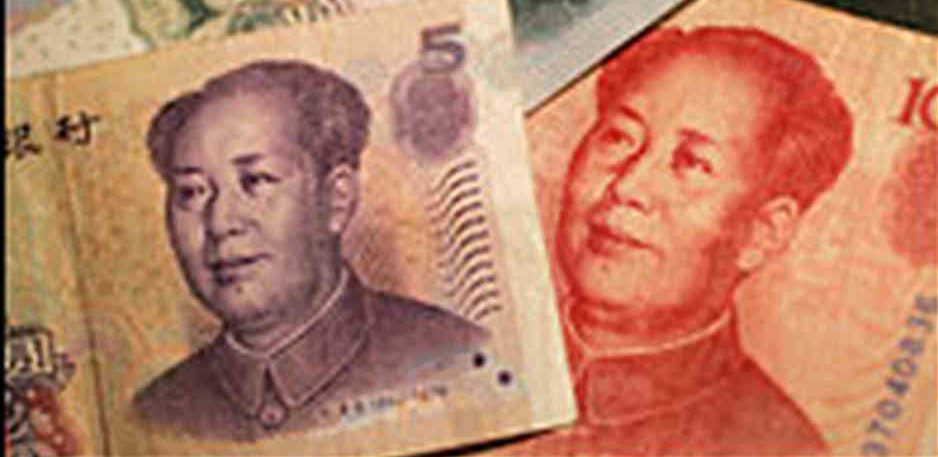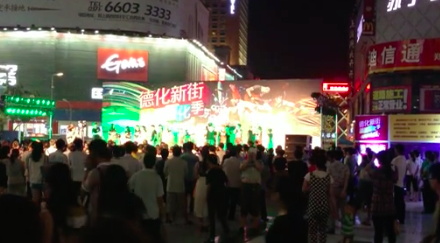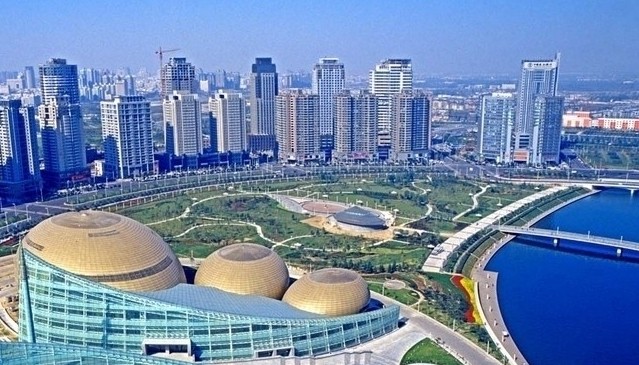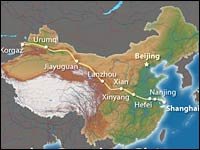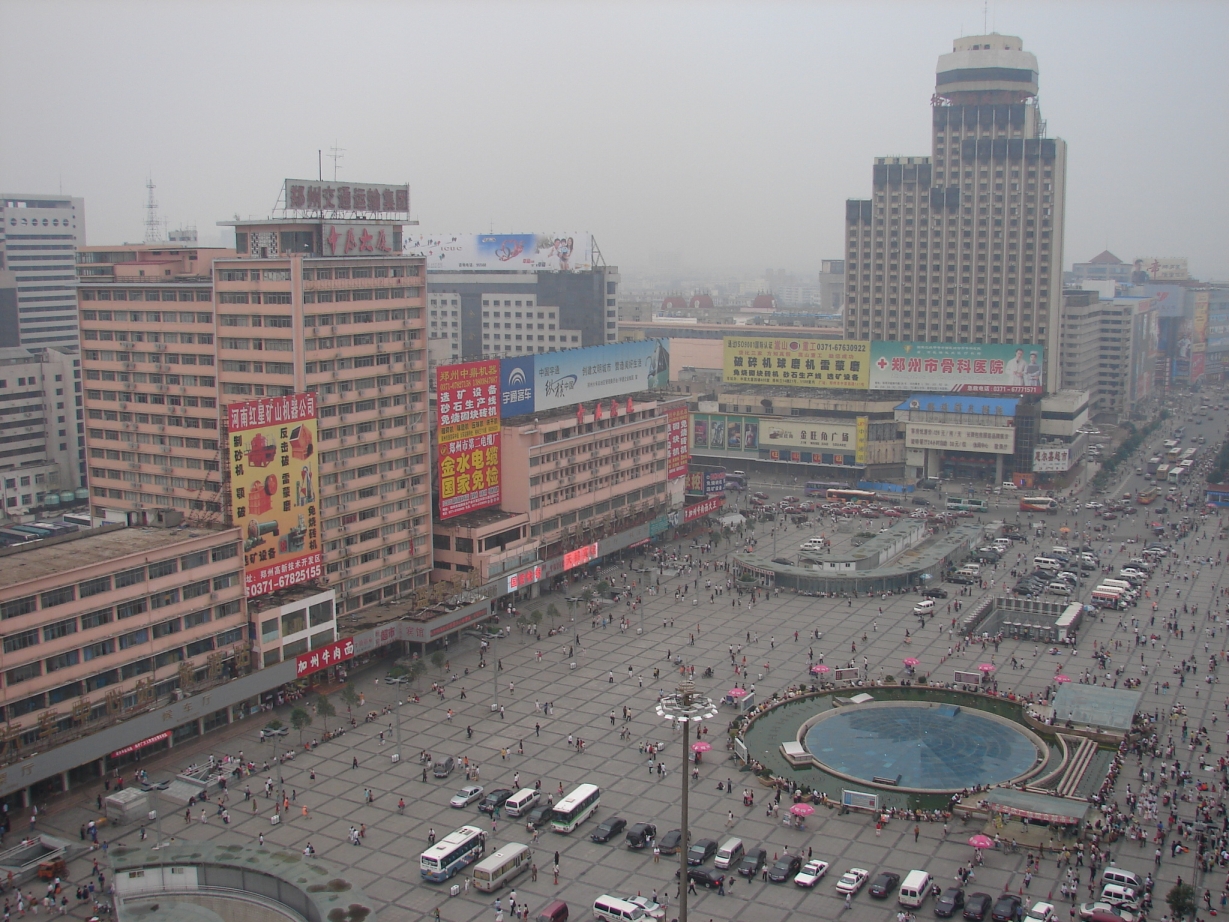Chairman Mao may have preached communism, but his face adorns the ultimate symbol of capitalism – money.
Unlike the U.S., where pictures of many famous men are shown on paper money, the front of all Chinese bills carry the image of Mao, who ruled the country with an iron fist until his death in 1976.
The yuan is the Chinese version of the U.S. dollar. Every denomination, from one yuan to 100 yuan, features the same picture of a young Mao wearing his signature collar jacket. The size of the bills differ – the larger the amount, the larger the paper — and so do the colors, which include green, purple, blue and, appropriately, red.
Mao wouldn’t recognize the hybrid of socialism and capitalism that exists in China today, but he’s still the central figure in the country’s modern history. All university students must take a course about his life, his philosophy and his teachings. Needless to say, it doesn’t include anything about the ruthlessness of the Cultural Revolution or the tens of millions who starved to death during the Great Leap Forward.
***
I went grocery shopping at Dennis, a chain of supermarket/department stores that sells a lot of Western foods at one of its outlets. You pay a premium for anything Western in Zhengzhou. Here’s a sample of prices (in U.S. dollars) I saw for products that Americans crave in China:
A pint of Ben & Jerry’s ice cream: $15.85
A small bag of Kettle potato chips: $4.17
A large box of Kellogg’s Rice Krispies: $13.48
A small jar of Peter Pan crunchy peanut butter: $6.62
A 2.5-quart carton of orange juice: $8.66
A 12-slice package of American cheese: $6.36
Expats here have a saying: “Live like a local, live like a king.’’ I have a new one: “Live like an American, live like a pauper.’’
***
Americans give a lot of lip service to family values. In China, they really mean it.
When I asked my students to write about themselves, almost all of them mentioned their deep love for their families. They wrote about their mothers, their fathers, their sisters, their brothers and their grandparents in a way that’s hard to fake. I’m sure there are dysfunctional families in China, but I’ve yet to meet one. Most families are incredibly close, spanning generations and often the long distances that separate them.
Though China has many only children because of the country’s one-child policy, more than half my students have siblings because their parents paid a fee to skirt the rule. If you ask me, the Chinese are the most doting parents in the world.
Here are some of the heartfelt ways that my students described their families:
“I feel lucky to have such a warm and happy family, even it is no so rich that I can live in the brilliant house or drive expensive car.’’ – Catherine
“I love my parents very much because they are busy in working all the time to create more happiness.’’ – Lea
“I have a sweet family. I love my family because they give me what I want and protect me.’’ – Nina
“Chinese grandparents always give too much love on grandchildren.’’ – Kiki
